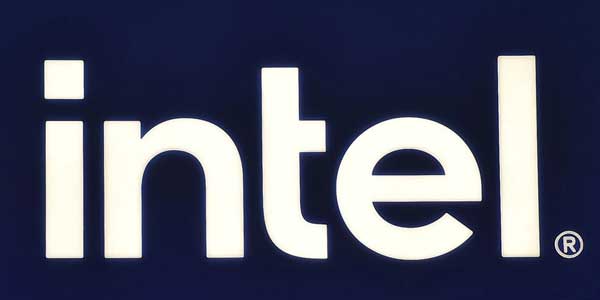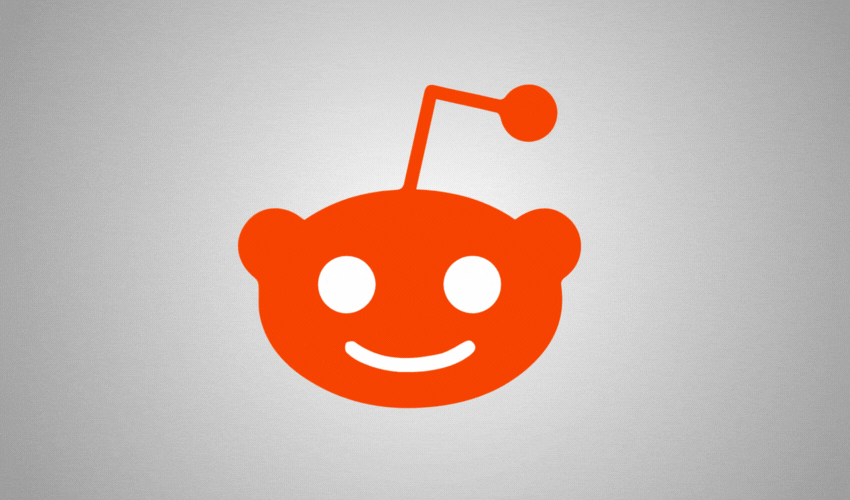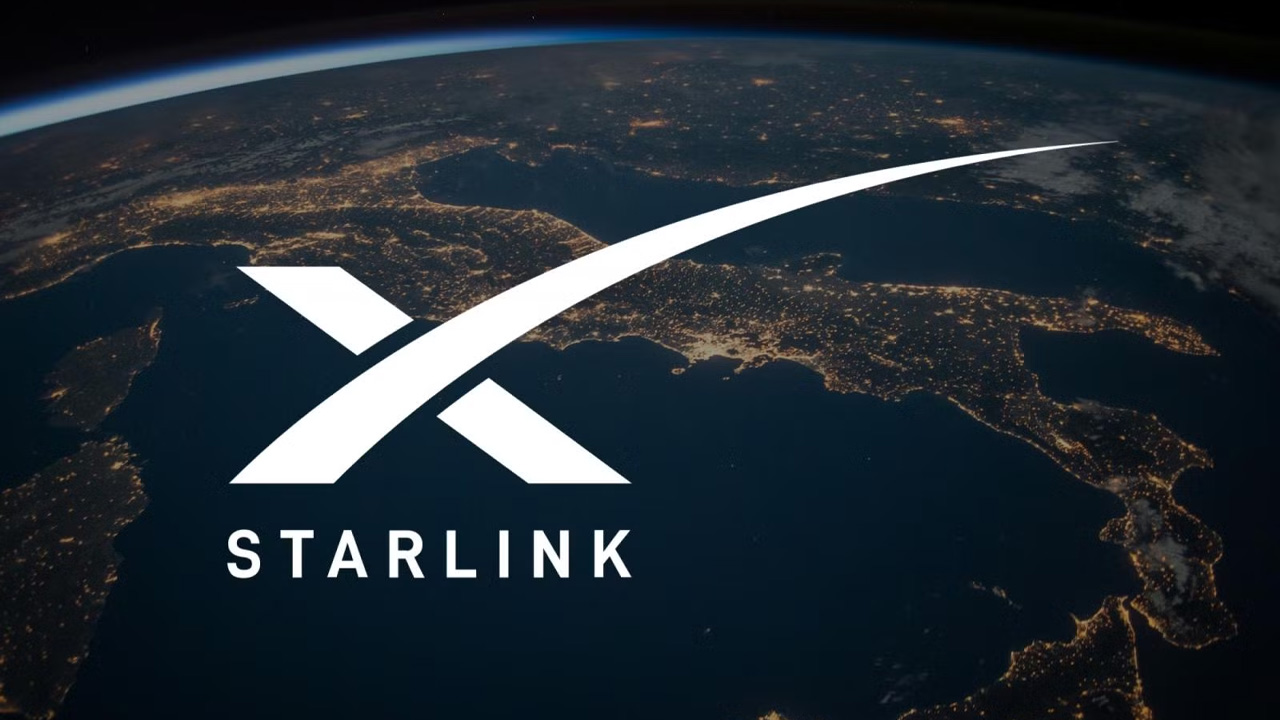The European Union (EU) has been embroiled in a series of long-lasting legal disputes with tech giants, leading Brussels to enact stringent regulations governing the operations of digital behemoths within Europe.
The EU's antitrust enforcer accused Intel of engaging in "anti-competitive practices aimed at excluding competitors from the relevant market."
The European Commission has decided to reimpose a portion of the fine on Intel, citing a previously established abuse of dominant market position in the x86 central processing unit (CPU) market.
Last year, an EU court in Luxembourg nullified the 1.06 billion euro fine imposed in 2009, stating that Brussels had failed to sufficiently demonstrate anti-competitive behaviour.
The EU's original case dates back to allegations of market abuse from 2002 to 2007, stemming from complaints lodged against Intel in 2000.
The commission penalised Intel for allegedly offering price rebates to clients to favour its computer chips over rival AMD.
During more than five years of alleged EU antitrust violations, Intel held a 70 percent share of the x86 CPU market.
The EU's competition commissioner, Didier Reynders, emphasised that Intel had illicitly incentivized customers to limit, delay, or cancel the use of its main rival's products, which contravened competition rules.
This decision reflects the commission's commitment to ensuring that serious antitrust breaches face appropriate penalties.
Notably, Reynders took over from Margrethe Vestager, who temporarily stepped down to pursue a candidature for the head of the European Investment Bank on September 5.
Under Vestager's leadership, the EU imposed substantial fines on tech giants, triggering a wave of legal challenges in recent years.
Google alone faced over eight billion euros in fines from Brussels for abusing its dominant market position between 2017 and 2019, with these penalties currently under appeal in EU courts.
Starting next year, major online players will need to fully comply with the landmark Digital Markets Act or risk fines amounting to up to 10 percent of their global revenue.
Despite these regulations, experts in Brussels anticipate that some companies will initiate legal battles to circumvent the stricter market constraints.
Earlier this month, Brussels identified Google parent Alphabet, Amazon, Apple, Meta, Microsoft, and China's ByteDance as online "gatekeepers" subject to the new rules.



























